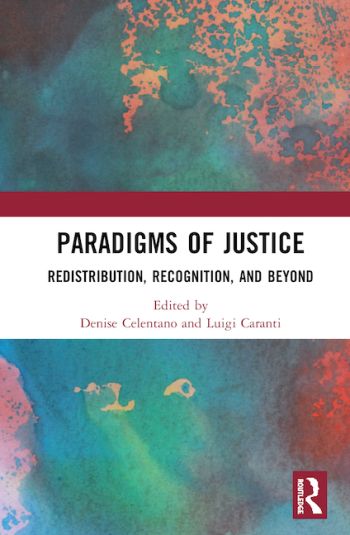
This book explores the relation between two key paradigms in the contemporary discourse on justice. Partly inspired by the debate between Nancy Fraser and Axel Honneth, it investigates whether the two paradigms, redistribution and recognition, are complementary, mutually exclusive, insufficient or essentially inadequate accounts of justice. Combining insights from the traditions of critical social theory and analytical political philosophy, the volume offers a multifaceted exploration of this incredibly inspiring conceptual couple from a plurality of perspectives. The chapters engage with concepts such as universal basic income, property-owning democracy, poverty, equality, self-respect, pluralism, care, and work, all of which have an impact on citizens’ recognition as well as on distributive policies.
An important contribution to the field of political and social philosophy, the volume will be useful to scholars and researchers of politics, law, human rights, economics, social justice, as well as policymakers.